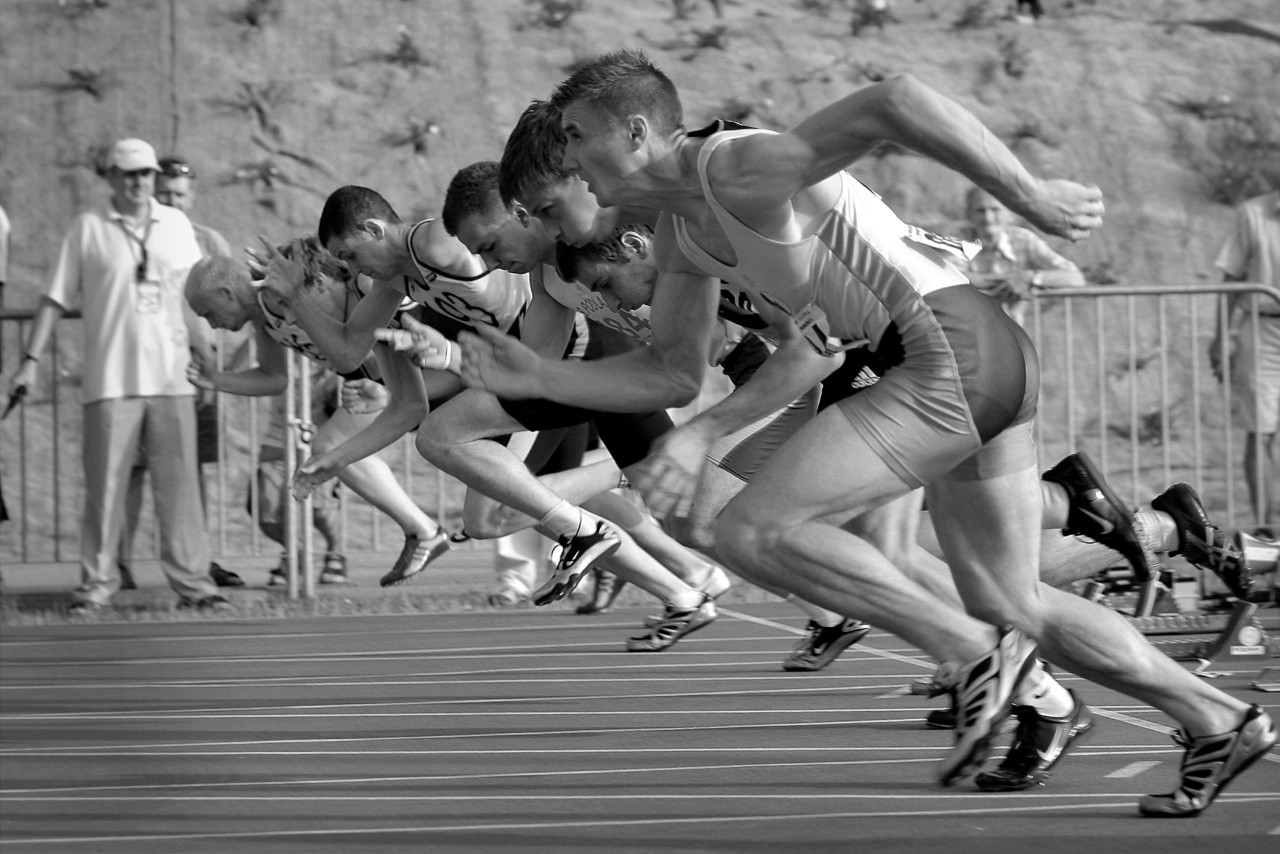Athletes require a significant amount of nutrients to maintain energy levels, repair and rebuild muscles, and support overall health.
However, even with a balanced diet, it is possible for athletes to experience nutrient deficiencies that can affect their athletic performance and long-term health.
Vitamin D
One of the most common nutrient deficiencies in athletes is a lack of vitamin D. Vitamin D helps facilitate the absorption of calcium, which is essential for maintaining bone health and reducing the risk of stress fractures.
Additionally, vitamin D plays a role in muscle function and immune system health.
Despite the fact that vitamin D can be produced by the body when exposed to sunlight, many athletes can be deficient due to limited exposure to sunlight, especially during the winter months, and a diet lacking in vitamin D-rich foods such as fatty fish and fortified dairy products.
Vitamin B12
Vitamin B12 is another essential nutrient for athletes, as it plays a critical role in energy production and red blood cell formation.
Athletes who follow a strict vegan or vegetarian diet can be at risk for a vitamin B12 deficiency, as this vitamin is primarily found in animal products including meat, fish, and dairy. Symptoms of a vitamin B12 deficiency can include weakness, fatigue, and difficulty concentrating.
Iron
Iron is essential for oxygen transport throughout the body, and is particularly important for athletes who require a high level of oxygen during physical activity. Iron also plays a role in immune system function and supports overall energy levels.
Despite the importance of iron for athletic performance, many athletes can experience iron deficiency due to inadequate dietary intake, increased iron loss through sweat and urine during exercise, and chronic inflammation. Symptoms of iron deficiency can include fatigue, weakness, shortness of breath and decreased athletic performance levels.
Magnesium
Magnesium is involved in several processes crucial to athletic performance, including muscle and nerve function, energy production, and blood glucose control.
Magnesium is also important for the maintenance of strong bones and healthy cardiovascular function. Despite its importance, many athletes can experience magnesium deficiency due to inadequate dietary intake, loss of magnesium through sweat during physical activity, and gastrointestinal problems which might interfere with its absorption.
Calcium
Calcium is required for strong bones and teeth and is also crucial for muscle function and blood clotting.
Athletes who engage in weight-bearing exercises that require significant bone strength, such as running or jumping sports, may require higher levels of calcium than the average population. However, many athletes can be deficient in calcium due to a lack of dietary intake including dairy products such as milk and cheese, or even due to certain medical conditions in which calcium is not absorbed properly from the intestines.
Zinc
Zinc plays a role in several processes in the body important to athletes including immune function, protein synthesis, and wound healing. Deficiencies in zinc can lead to decreased athletic performance and an increased risk of infections.
Athletes can experience inadequate zinc intake due to limited dietary intake or increased losses through sweat during intense training sessions.
Folate
Folate, also known as vitamin B9, is responsible for red blood cell formation and supports a healthy immune system. Deficiencies in folate can lead to fatigue, weakness and decreased athletic performance.
Athletes who consume a limited amount of fruits and vegetables, which are important sources of folate may be at risk for a deficiency.
Vitamin C
Vitamin C plays an important role in immune function and supports collagen production, which is necessary for strong bones and connective tissue.
Athletes who engage in high-intensity training may require a higher level of vitamin C due to increased oxidative stress. Despite its importance, vitamin C deficiency is not very common. However, athletes who smoke or follow a limited dietary intake including fruits and vegetables may suffer a deficiency.
Sodium
Sodium which is found in table salt and in a variety of foods is essential for maintaining proper fluid balance in the body.
Athletes who engage in high-intensity training and workouts may require higher levels of sodium than the average population due to increased levels of sweat loss. However, athletes who follow a low-sodium diet or consume highly processed, low-sodium foods may experience a deficiency in sodium. The symptoms of sodium deficiency can include muscle cramps, dizziness, and confusion.
Protein
Protein is important for building and repairing muscles, and is especially important for athletes who engage in regular strength-training exercises.
Despite the importance of protein for athletic performance, some athletes may experience protein deficiencies due to inadequate dietary intake or impaired digestion or absorption. Symptoms of protein deficiency can include muscle wasting, fatigue, and increased risk of injury.































